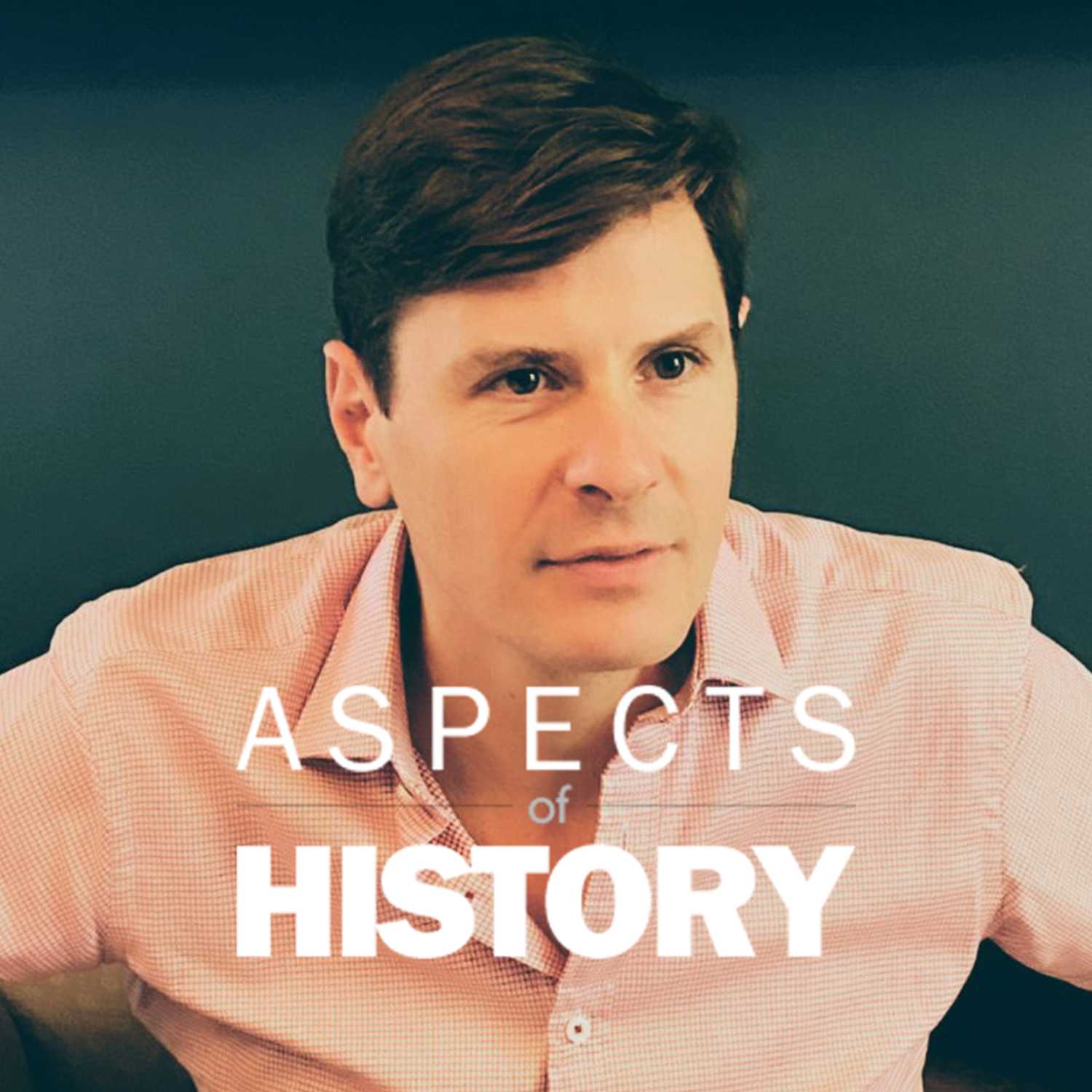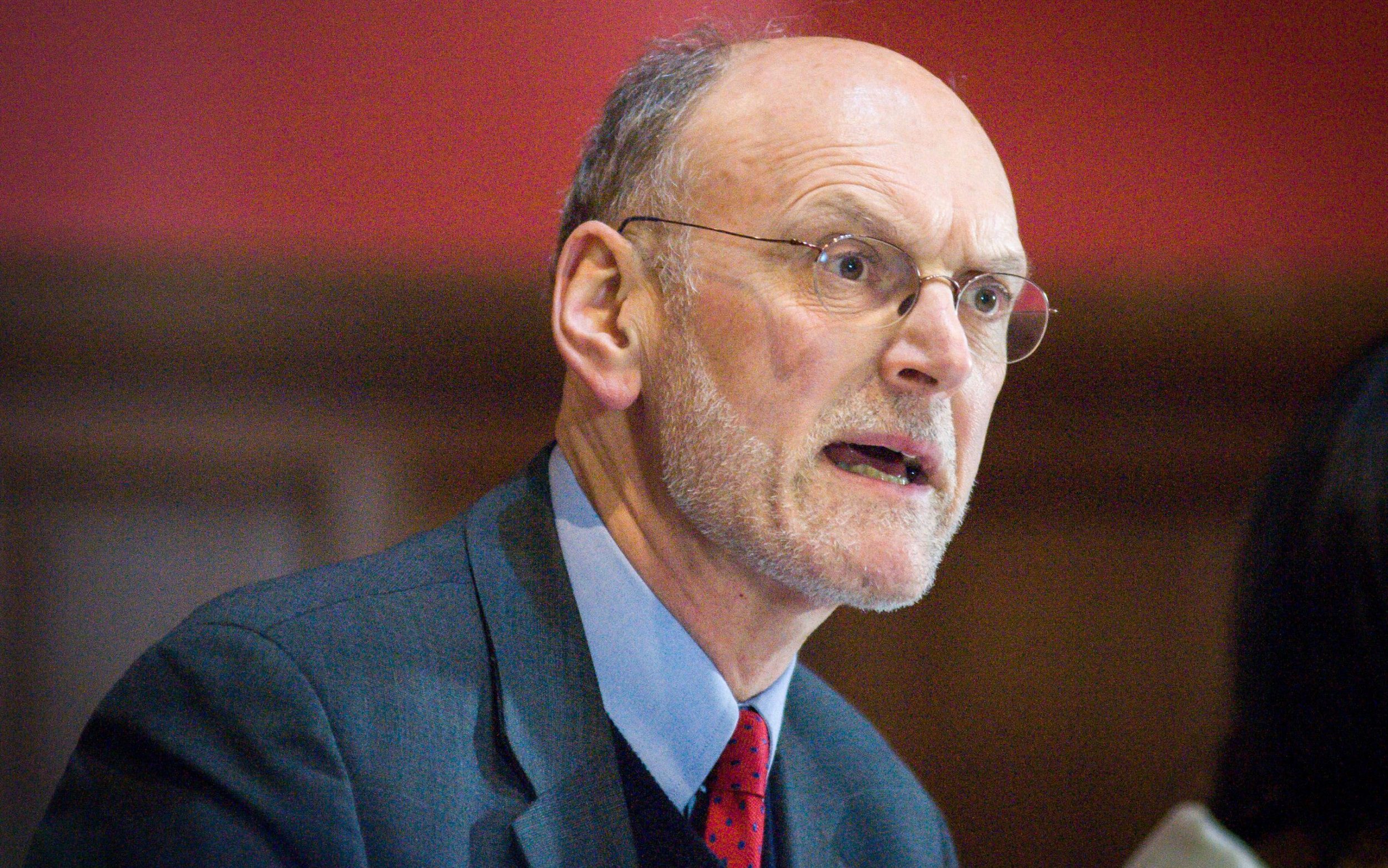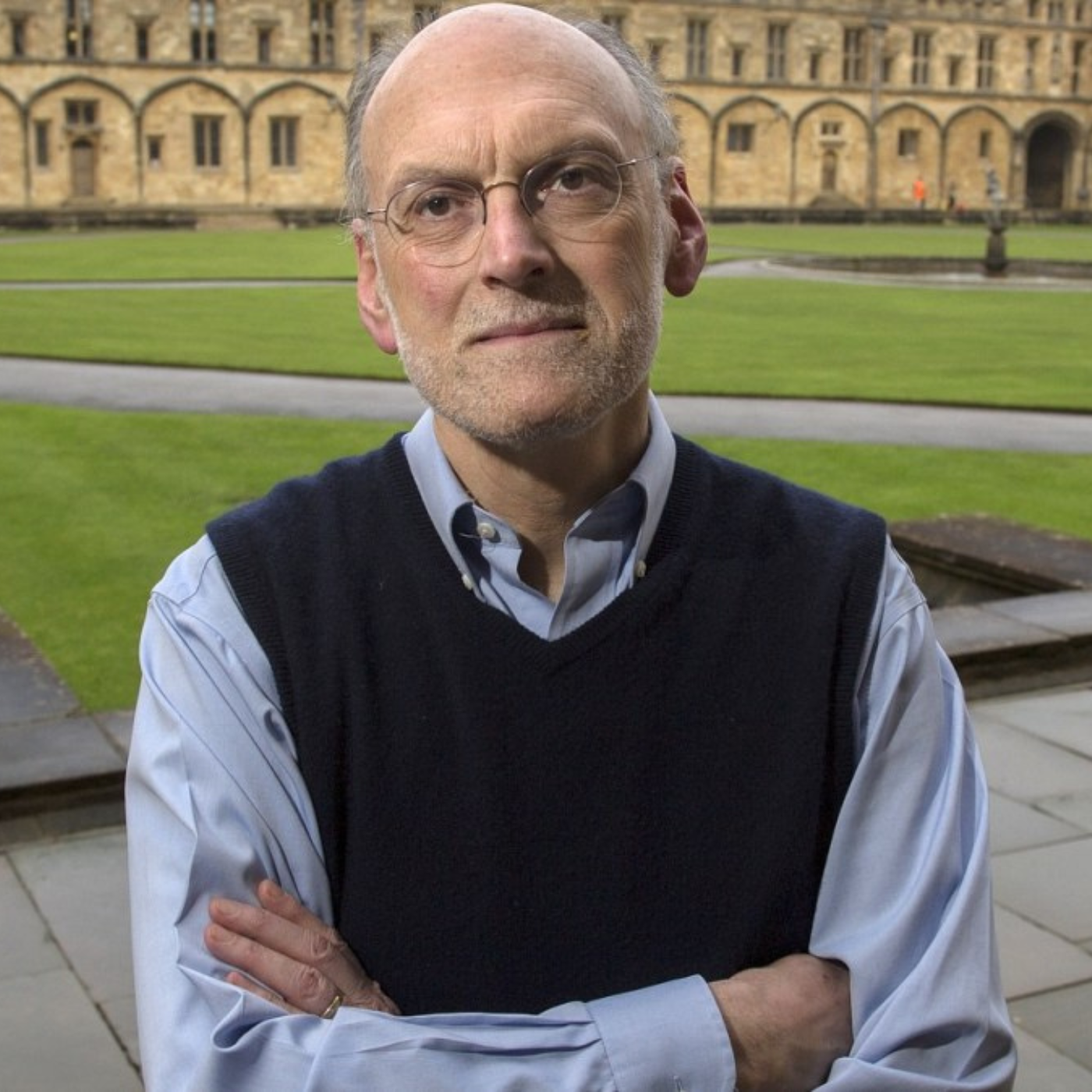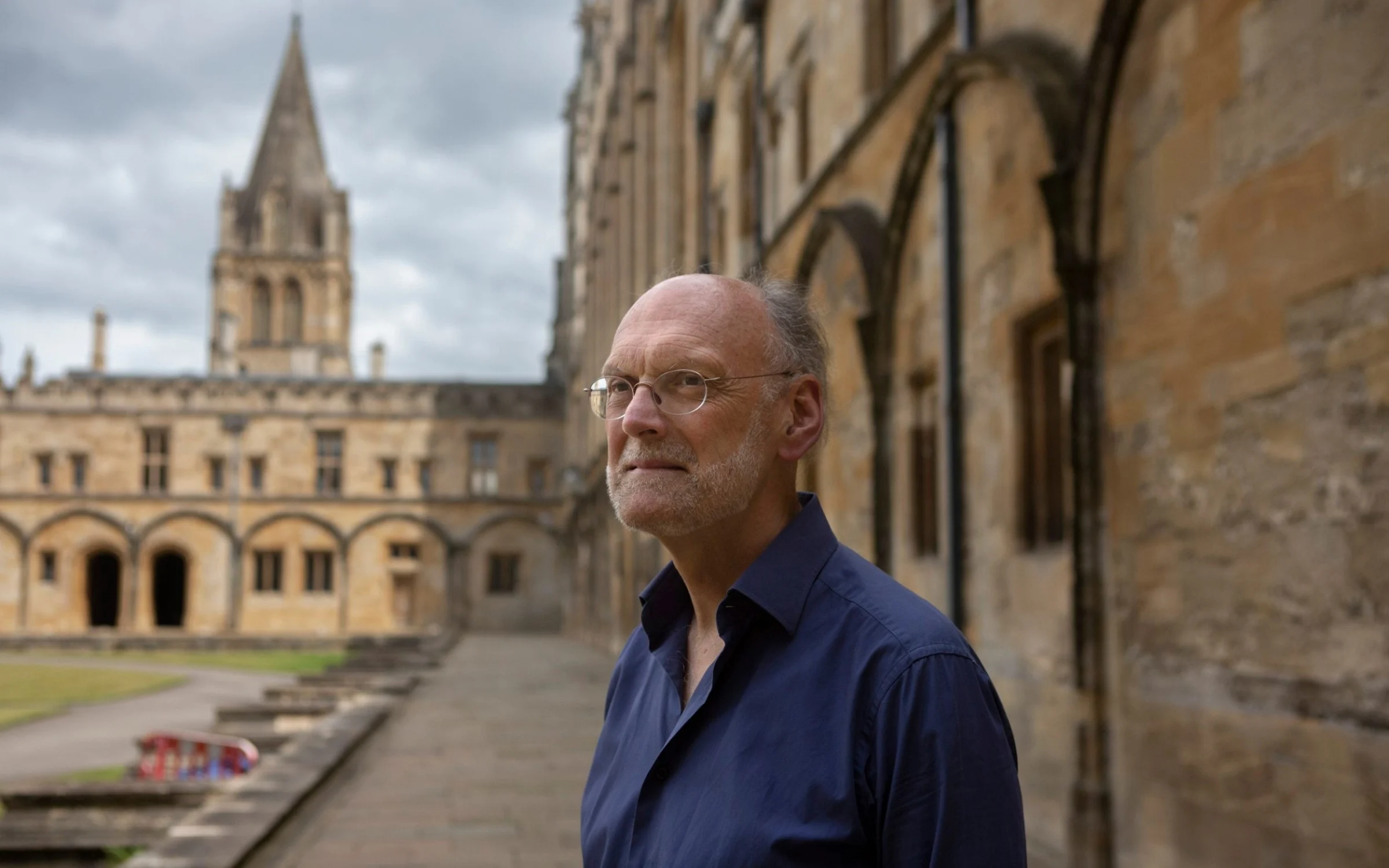Nigel Biggar: Bridging Faith, Ethics, And The Public Square is the hot topic in the current academic discussion these days. Recently, Editor's Notes: Nigel Biggar: Bridging Faith, Ethics, And The Public Square, has been published. The reason why the Nigel Biggar: Bridging Faith, Ethics, And The Public Square, is important to read is that this topic digs deep into figuring out "How moral values and theological arguments may be brought to bear on issues of public policy and contemporary ethics".
After doing some analysis, digging information, made Nigel Biggar: Bridging Faith, Ethics, And The Public Square, our effort we put together this Nigel Biggar: Bridging Faith, Ethics, And The Public Square guide to help our target audience make the right decision.

Nigel Biggar on Colonialism – Aspects of History – Podcast – Podtail - Source podtail.com
Key differences or Key takeways:
| Feature | Values |
|------------------------------|-----------------------|
| Moral values | The significance of moral values in public policy and contemporary ethics. |
| Theological arguments | The role of theological arguments in public policy and contemporary ethics. |
| Public policy | The impact of moral values and theological arguments on public policy. |
| Contemporary ethics | The influence of moral values and theological arguments on contemporary ethics. |
FAQs
This FAQ section provides essential information about the book "Nigel Biggar: Bridging Faith, Ethics, And The Public Square", addressing common inquiries and clarifying key aspects of the work.
Question 1: What is the central theme of "Nigel Biggar: Bridging Faith, Ethics, And The Public Square"?
The book explores the relationship between faith, ethics, and their implications for public discourse. It argues that religious beliefs can provide valuable perspectives on ethical issues and that interfaith dialogue is crucial for fostering understanding and cooperation.

Campus censorship is Stalinist, says Oxford professor Nigel Biggar - Source www.thetimes.co.uk
Question 2: How does the book approach the intersection of religion and politics?
Biggar advocates for a pluralistic approach that respects the role of religion in society while safeguarding the separation of church and state. He contends that religious perspectives can enrich public debates without imposing specific doctrines.
Question 3: What is the significance of interfaith dialogue in the book's argument?
Interfaith dialogue is presented as an essential tool for building bridges between different faith communities and fostering mutual understanding. Biggar emphasizes the need for respectful and open-minded engagement that seeks common ground while acknowledging differences.
Question 4: How does the book address ethical challenges in contemporary society?
Biggar examines a range of ethical issues, including war, poverty, and environmental degradation. He offers a nuanced analysis that draws on both religious and secular perspectives, highlighting the importance of finding common ethical ground.
Question 5: What is the ultimate goal of "Nigel Biggar: Bridging Faith, Ethics, And The Public Square"?
The book aims to create a more informed and inclusive public discourse where diverse voices are heard and ethical considerations are at the forefront. It encourages readers to engage in respectful dialogue and work together towards a more just and harmonious society.
Question 6: Where can I find more information about "Nigel Biggar: Bridging Faith, Ethics, And The Public Square"?
For further insights and detailed discussions, refer to the book "Nigel Biggar: Bridging Faith, Ethics, And The Public Square" here.
This FAQ section provides a concise overview of the key themes and arguments presented in the book. By exploring these questions, readers can gain a deeper understanding of the multifaceted relationship between faith, ethics, and the public square.
Tips
In "Bridging Faith, Ethics, and the Public Square", Nigel Biggar provides valuable insights on navigating the intersection of religion, ethics, and public life. Here are some key tips he offers:

Nigel Biggar: reassessing the ‘just war’ tradition for modern times - Source www.theology.ox.ac.uk
Tip 1: Cultivate Intellectual Humility
Recognize the limits of one's knowledge and be open to learning from others, especially those with different perspectives or experiences. Engage in respectful dialogue and consider alternative viewpoints without dismissing them prematurely.
Tip 2: Embrace Public Reasoning
Ground arguments in logical reasoning and evidence, rather than relying solely on appeals to faith or tradition. Present ideas in a clear and accessible manner, taking into account the audience's background and assumptions.
Tip 3: Seek Common Ground
Identify shared values and concerns with those who hold differing views. Find areas of agreement and build upon them to build consensus or foster collaboration on issues of common interest.
Tip 4: Engage in Prophetic Criticism
Critically assess the status quo and challenge unjust laws or policies that contradict ethical principles or harm the common good. Embrace a prophetic role by advocating for marginalized voices and holding those in power accountable.
Tip 5: Foster Interfaith Dialogue
Build relationships and engage in respectful dialogue with members of different faiths. Seek common ground and work together to address shared challenges or promote social justice. Interfaith dialogue can foster understanding, reduce prejudice, and promote peace.
Tip 6: Empower Religious Communities
Recognize the role of religious communities in shaping public discourse and promoting ethical values. Support their efforts to provide social services, educate the public, and advocate for the common good.
Tip 7: Promote Religious Literacy
Educate the public about different religious traditions and their ethical frameworks. This can help reduce misconceptions, foster tolerance, and enable individuals to engage in meaningful dialogue with people of different faiths.
Tip 8: Reject Religious Extremism
Condemn all forms of religious extremism that incite violence, promote hatred, or undermine human rights. Stand in solidarity with victims of religious persecution and work to protect the rights of all individuals to practice their faith freely and peacefully.
By following these tips, individuals can navigate the complex intersection of faith, ethics, and the public square with integrity, humility, and a commitment to the common good.
Nigel Biggar: Bridging Faith, Ethics, And The Public Square
In today's multifaceted society, bridging faith, ethics, and the public square is fundamental. Nigel Biggar, a renowned theologian and ethicist, has dedicated his work to exploring this intricate interplay, offering valuable insights that shape our understanding of religion's role in the public sphere.

Episode 405: Nigel Biggar — unSILOed Podcast with Greg LaBlanc - Source www.unsiloedpodcast.com
- Faith and Reason: Reconciling religious beliefs with rational discourse.
- Ethics and Morality: Applying religious principles to guide ethical decision-making.
- Public Discourse: Engaging in respectful dialogue across faith and secular perspectives.
- Common Ground: Identifying shared values that transcend religious differences.
- Pluralism and Inclusion: Fostering a society that embraces diverse religious beliefs.
- Peace and Reconciliation: Exploring the transformative power of faith in conflict resolution.
Nigel Biggar's work highlights the importance of open and respectful dialogue in the public square, where diverse perspectives can be heard and considered. Through his emphasis on common ground, he encourages us to focus on shared values that unite us, despite our differences. Ultimately, Biggar's contributions provide a framework for navigating the complex intersections of faith, ethics, and the public sphere, fostering a society that is both just and inclusive.

Raising Nigel Biggar to the Lords is Badenoch’s best decision as Tory - Source anglican.ink
Nigel Biggar: Bridging Faith, Ethics, And The Public Square
Nigel Biggar's work explores the complex interplay between faith, ethics, and the public square, arguing that religious belief can and should inform public discourse and policy-making. Central to Biggar's approach is the idea of "thick particularity," which emphasizes the importance of understanding and engaging with the specific beliefs and practices of different religious traditions.

Prof. Nigel BIGGAR: Historia wciąż uczy nas życia tu i teraz - Source wszystkoconajwazniejsze.pl
This approach stands in contrast to both secularist attempts to exclude religion from public life and fundamentalist attempts to impose a single religious worldview on society. Instead, Biggar advocates for a pluralistic and dialogical approach that allows for the respectful exchange of ideas and perspectives.
Biggar's work has practical implications for a wide range of issues, including the role of religion in education, the provision of healthcare, and the promotion of peace and reconciliation. By bridging the gap between faith and the public square, Biggar helps to create a more just and equitable society that values both religious freedom and the common good.
Conclusion
Biggar's work offers a compelling vision for the role of faith in the public square. By emphasizing the importance of thick particularity and respectful dialogue, he provides a framework for understanding and engaging with different religious traditions. This approach is essential for creating a more just and equitable society that values both religious freedom and the common good.
Biggar's work is a valuable resource for anyone interested in the intersection of faith, ethics, and public life. His insights can help us to navigate the complex challenges facing our world today and to build a more just and peaceful future.